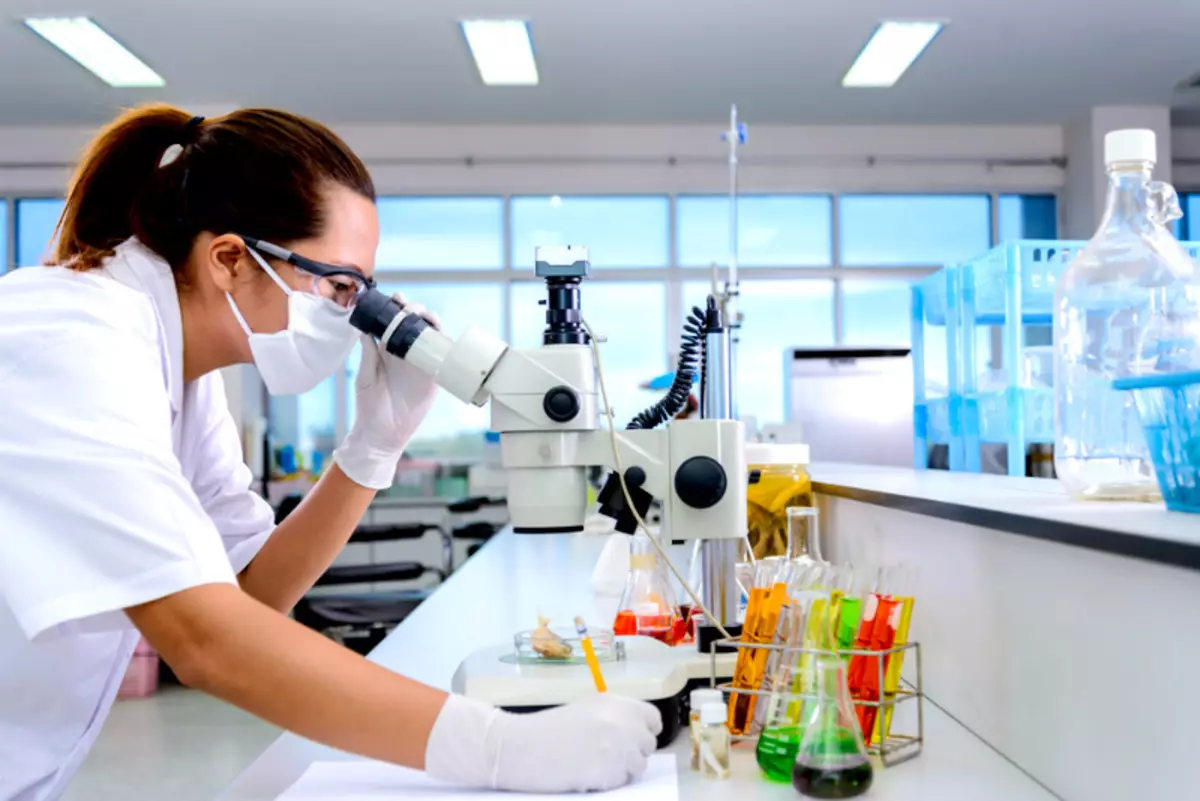
About any industry we have full prejudices that prevent us from using all the advantages that we could get in this area.
In this article, I will share five myths around the production of drugs to improve your awareness and help further make decisions based on greater awareness.Myth 1. Drug developers are engaged only by chemical formulas of drugs
When we talk about the drug production industry, we only think about the relevant drugs for us or, in other words, about tablets that usually buy in a pharmacy. But in the field of health care for the treatment of people, it is necessary to refer to different ways, so the development of drugs actually includes a large number of studies not only in terms of chemical formulas, but also medical equipment and existing procedures.
When I first took up reading about clinical tests in search of a medication for the sister, suffering from Bulimia, I turned out to be amazed, finding that among the many funds tested for efficiency in disorders of food behavior, was experimental treatment, including yoga. He was organized by a pharmaceutical company in Israel.
It turned out that the results at the same time are pretty positive and, in the end, why not try this method when you are already desperate to find a way out of the problem situation?
There are many other examples of how the progress of medicine can offer us much more opportunities than just pills, and I am glad that thanks to the development of technologies now there are things like nanobots - wrestlers with cancer cells, 3-D printer for organs, exoskeletons etc.
Myth 2. All medicines on the market have 100% proven efficacy

Well, it is not really.
Most medicines on the market were used by centuries, and their advantages and disadvantages are well known.
Another relationship with drugs that only entered the market. Usually they are carefully tested on thousands of people around the world, and how they interact with the human body are recorded and documented for several years of clinical studies.
But also, as you know, all of us, people, very different and what will work with one of us - optionally 100% will work with another.
I had an interesting case with this preparation. It happened in those years when I did not really know what clinical trials and how they work. Once I visited my doctor, and he prescribed me oral contraceptives. He said that the drug is rather new, he speak very well and has a minimum of side effects. I just had to wait about a month to start them to use.
What I did ... 3 months later I was at the peak of an emotional crisis, I did not have menstruation and I could not understand where it was all came from, I used to use already similar pills. But this time I was so bad that my mother even asked me to stop taking the drug.
I did it, went to another doctor, shared my problem and only then found out that the medicine on the market was barely appeared, and, although many women liked it, I was one of those who got serious side effects and I should have ceased to be discontinued .
The good news is that there are publicly available registries (usually by country, but also by regions or companies), where people can write a report on side effects faced. The more people share their experience, the more accurately medicines can be spelled out and used.
Myth 3. Drugs with different names necessarily different compositions
Something else from the world of pharmaceuticals: many drugs have the same or barely distinguished composition. The difference between them is to be promoted to the market, in the names, price and company-producer.Really, there are cases when the medicine of the same composition and even one company is moving to the market under different names to make it more competitive and raise prices for it. As, for example, with Prozac and Sarafem from ELI Lilly.
Prozac was an incredibly popular medicine examined and put on the market company. When Eli Lilly had to share a patent with other organizations and to compete, mainly due to the price, Sarafem was presented - a medicine with the same formula that was advertised, meanwhile, as pills that help women fight the symptoms of PMS. This approach helped the pink tablet to hold interest and, most importantly, the price of the product.
Myth 4. Medicine with one name in different countries has one

One way to reveal during the test whether the medicine works, is the testing of the chemical formula on different groups of people separated including by region of residence. When positive test results have already been achieved, research should be carried out by country.
The fact is that in each area or country - its own style of life and nutrition, which can increase or reduce the effectiveness of the chosen chemical composition.
That is why in many cases the same medicine varies according to the composition in different countries. For example, the popular aspirin from Bayer. Of course, the difference is small, but still exists.
Myth 5. Making a medicine - a secret process that no one knows about
The good news is that the development of drugs is not really secret. After World War II and terrible experiments in humans, clinical trials have become an officially controlled process, the following row of local and international establishments, such as this happens in other industries, for example, in air transportation.
Nowadays, every person involved in clinical trials must be trained and certified for the knowledge of official rules governing how the tests should be designed to be embodied, record and docume in order to ensure patient safety.
Currently, everyone can find out what happens, what to expect, what drugs are still tested. The problem is that not everyone knows how to read and understand this data.
Photos: shutterstock
Text source: Blog.findmecure.com.